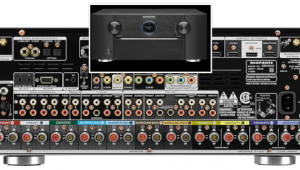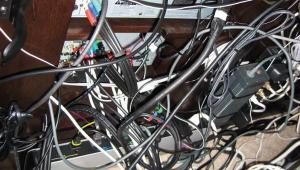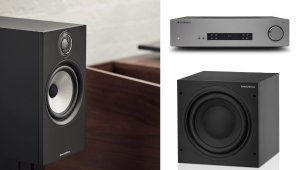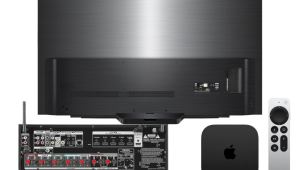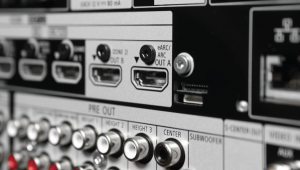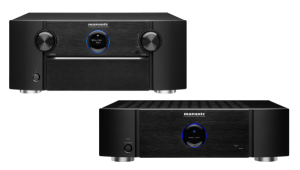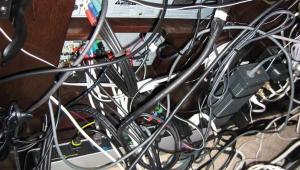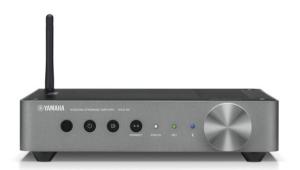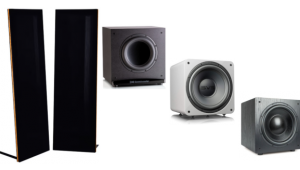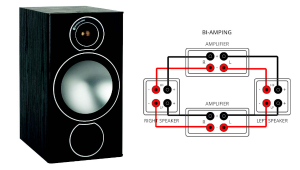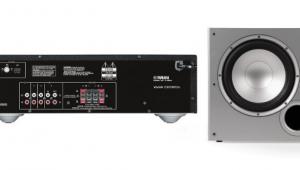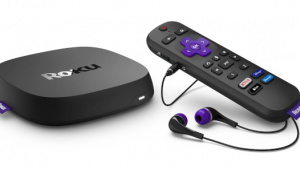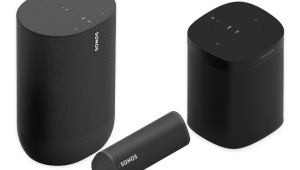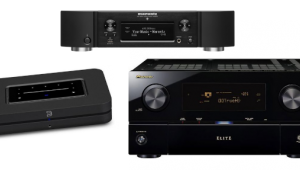So this is not unlike HDCD, compatible with existing equipment but with the right gear the better sound is unlocked?
What Is MQA?
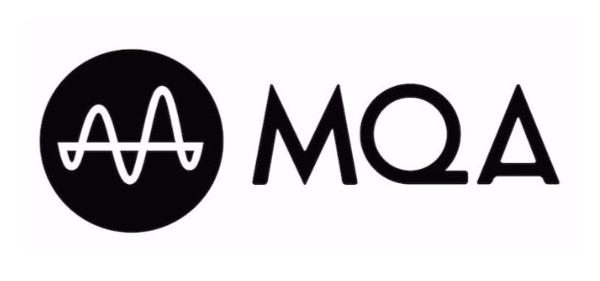
A I’ve seen references to MQA. What is it? —Phis Tomaskovic / via e-mail
Q Master Quality Authenticated (MQA) is an audio technology that was originally developed by Bob Stuart, co-founder of British hi-fi manufacturer Meridian Audio, and is now licensed by MQA Ltd. A main idea behind MQA is to take high-resolution master recordings and package them into a standard resolution file size that can be easily downloaded or streamed.
The MQA encoding process manages this using an “origami” technique that “folds” high-frequency information existing outside the main audio band (approximately 20 hertz to 20 kilohertz, the frequency range of human hearing) into the lower frequencies. Since that extended range consists mainly of harmonic information that’s considered inaudible, MQA’s scheme works around the inefficiencies of standard PCM digital audio, which would encode all frequencies equally — even ones outside the human hearing range.
Another issue that MQA addresses is the “time smearing” created by analog-to-digital conversion during the original mastering. It does this by applying a digital correction filter in a process that MQA refers to as “de-blurring.” In addition, MQA files carry information to correct for time smearing effects created on output by the digital-to-analog conversion process in an MQA-certified DAC.
While MQA is an end-to-end system that requires encoding on the front end using the company’s proprietary technology, and decoding on the back end using an MQA-licensed DAC or software music player, MQA files can still be played on non-MQA gear. According to MQA, the difference is that, while you get the benefits of the de-blurring process, you won’t get to hear the full “unfolded” high-resolution file.
When listening with an MQA-compatible software music player such as the Tidal desktop app or Audirvana+, you’ll get to hear the first origami unfold (to 88 kHz or 96 kHz, depending on the sampling rate of the original file) known as MQA core. Passing on streams to an MQA-certified DAC permits the additional unfold steps, allowing you to play hi-res files with up to a 768-kHz sampling rate.
At present, MQA-certified DACs are available from companies including AudioQuest (DragonFly Red and Black), Meridian, Mytek, NAD, and others. MQA-certified integrated amps are sold by NAD and Cary Audio. The Bluesound wireless product range that has been extensively reviewed in Sound & Vision, including the company’s new Pulse soundbar, also features MQA decoding.
While streaming via Tidal (MQA-encoded titles appear under the “Masters” tab in the Tidal Hi-Fi library) is the way most listeners experience the MQA format, content is also available for download from sites including highresaudio.com and the 2L label. And earlier this year Chesky Records announced a pair of MQA-encoded recordings available on CD: Rebecca Pidgeon’s The Raven, and Camille Thurman’s Inside the Moment.
Hi-res audio streaming using MQA will also soon expand beyond Tidal. According to a recent press release, The HDtracks music download site plans to launch a new service, HDmusicStream. The service, which will be hosted and developed by the 7digital platform, is expected to go live sometime in late 2017.
Music streaming platform, Deezer, has also announced its intention to incorporate MQA into its recently re-branded HiFi tier but has not yet announced a launch date. And nugs.net — the specialist site for on-demand concerts from Metallica, Bruce Springsteen, and others — plans to offer MQA streaming on iOS devices and desktop players this fall. LG also recently announced the first MQA-enabled smartphone.
For further explanations around MQA and the philosophy behind it, see BobTalks.co.uk.
- Log in or register to post comments


I listen to music on an older but pretty high end system. I subscribed to Tidal for it's lossless playback but also was curious about MQA. Before they rolled out the MQA encoded music I was using an Oppo BDP-105D to stream Tidal. When they launched MQA I purchased a Bluesound Node 2 which was pretty affordable in comparison to the rest of my system and should have been a step down from the DAC in the Oppo. I was gobsmacked! The MQA encoded music rivals my best hi-rez downloads and any SACD or DVD-A that I play on a $6000 Ayre universal disc player. This is seriously good and I hope it catches on.

he Bluesound wireless product range that has been extensively reviewed in Sound & Vision, including the company’s new Pulse soundbar, also features MQA decoding. foundation crack repair contractors

Love using this for a more dynamic experience in my audio listening times.

The "time smearing" brought about by the analog-to-digital conversion process during the initial mastering is another problem that MQA resolves. | https://www.hayscomm.com/phone-systems/

Get ready to explore the infinite possibilities of crafting in infinite craft the game where every creation is unique.
